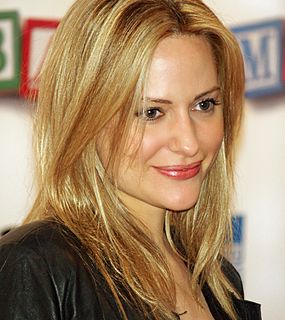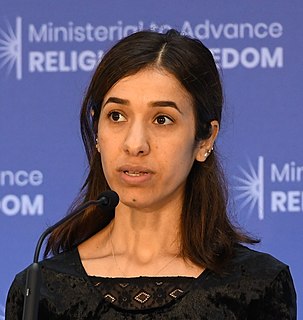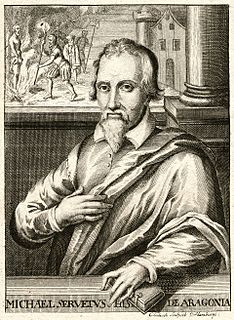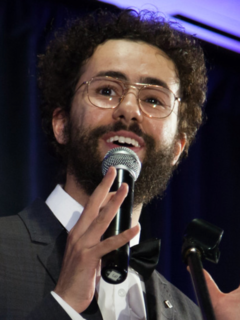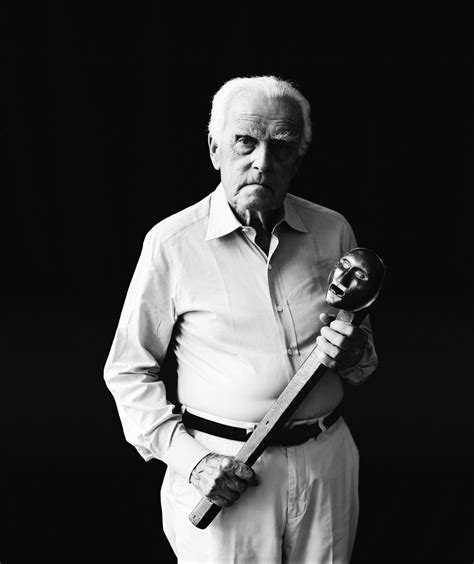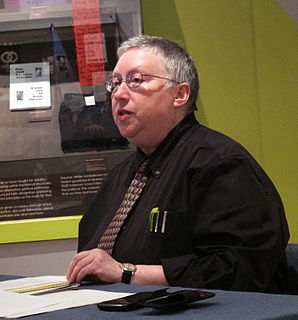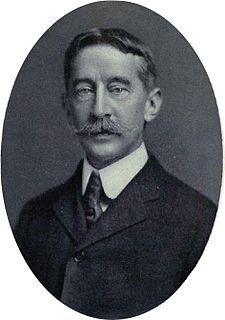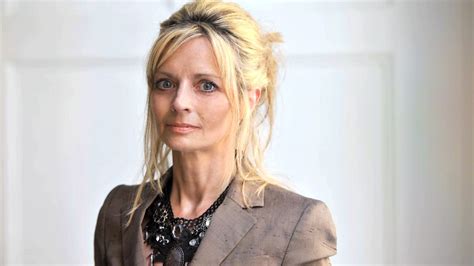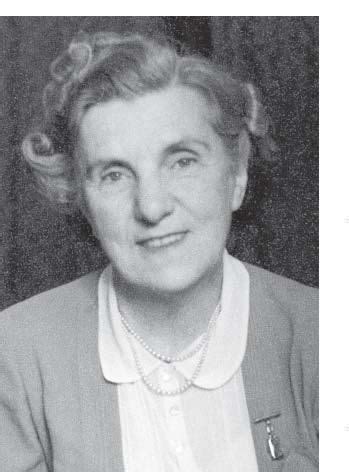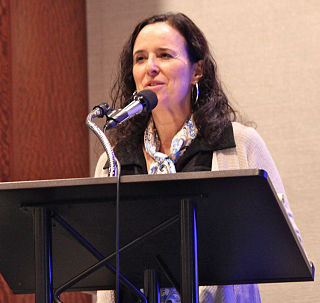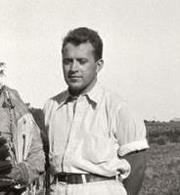A Quote by Talal Asad
The notion of "humanity" as a form of transcendence derives, I think, from the conviction that intellectuality possesses an absolute power, from the demand that our best behavior depends on our ability to think abstractly, in terms of a universal rule, about something called humanity, that we need to understand humanity abstractly so that we can act responsibly towards those who represent it.
Related Quotes
Oh my God, does art engender humanity? It awakens your humanity. But humanity has nothing to do with political theory. Political theory is in the interests of one group of humanity, or one ideal for humanity. But humanity-my heavens, that's what proper art renders. We have a paradox. Going into the deepest aspects of inner space connects you with something that is the most vital for the outer realm.
As we all know, the objective and mission of the photojournalist is to show us the reality of the world. And in order to capture that reality, they go to dangerous and tragic places at the expense of their lives. I see them as the conscience of our humanity; they represent for me what is left of our humanity.
Whether we love humanity or not, we must realize that we are part of it. My future depends entirely on the future of humanity, and so I am compelled to take care of humanity. That is why being compassionate is actually in my own best interest. And a symptom of my own peace of mind is that I can share comfort with others around me.
There are differences between us. But it doesn't make sense to emphasize that, because my future and yours is connected with everyone else's. So we have to take seriously our concern for all of humanity. When we focus on our individuality, humanity inevitably suffers. And once humanity suffers, each one of us will also suffer.


